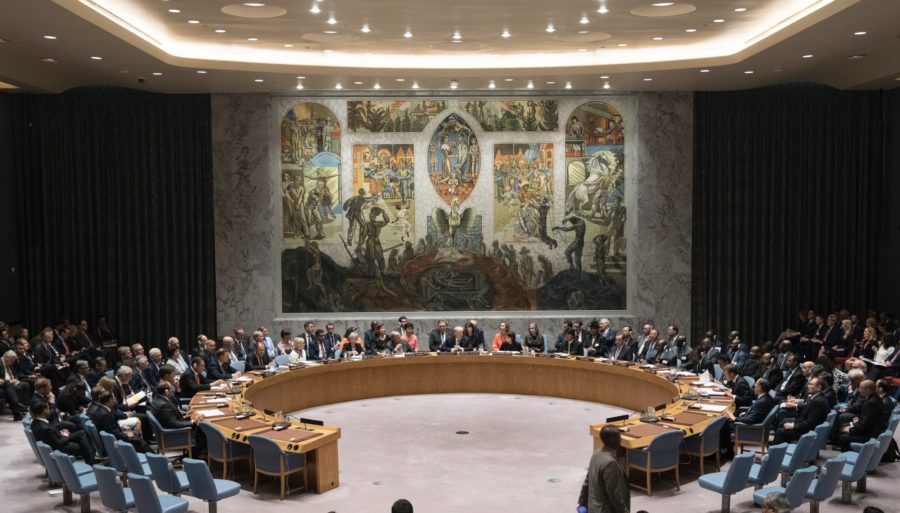One year ago at the UN General Assembly in New York, Prime Minister Theresa May launched a Call to Action to End Forced Labour, Modern Slavery and Human Trafficking.
Tackling the scourge of modern slavery is a top priority for the British Government. We are delighted that dozens of UN Member States have signed up to the Call to Action.
What is the connection to Vienna?
The UN Office on Drugs and Crime (UNODC) is the leading UN body charged with tackling human trafficking, and it is based right here on the Danube.
At the Commonwealth Heads of Government Meeting in London in April 2018, the British Government announced a package of £2 million to support UNODC capacity-building work on human trafficking in selected Commonwealth countries. This programme is now underway.
The package is designed to strengthen law enforcement and justice systems in fighting human trafficking in India, Sri Lanka, Malawi and Zambia. The goal is to develop and implement national policing strategies; raise criminal justice standards on trafficking; and boost the protection of victims.
Together with this important field work, UNODC has a role in coordinating the cross-UN response to human trafficking, through its newly agreed role as the Secretariat of the UN Interagency Coordination group Against Trafficking in Persons (ICAT). A heads of agencies meeting in London in May this year agreed to support ICAT in stepping up its efforts, including through a small, permanent Secretariat at UNODC.
Attendees at the London meeting spoke of a ‘Spirit of London’ that inspired progress. To support that progress, the UK has pledged an additional €160,000 to fund UNODC work on ICAT to help it drive a united UN response to human trafficking and modern slavery.
I look forward to seeing the results of both the projects we are funding, which demonstrate the field role and UN coordination role that UNODC can play in the fight against modern slavery – combining London and Vienna.

